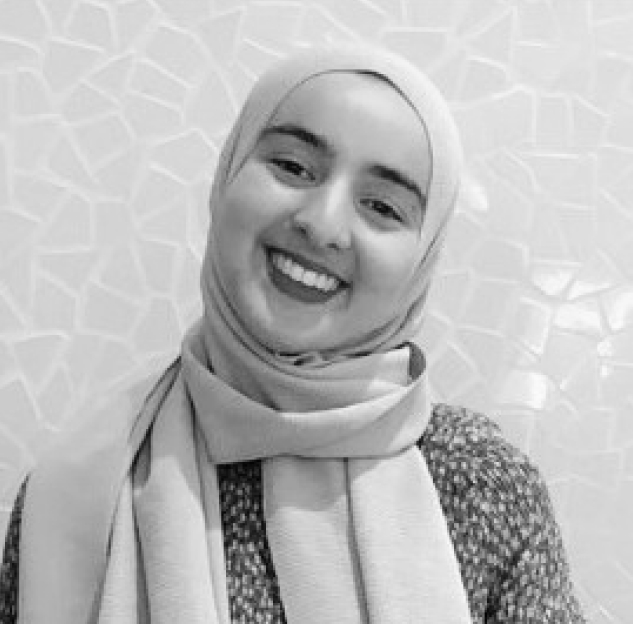Background
Diabetic foot ulcers are one of the most feared complications of diabetes. These ulcers usually develop in people with diabetic neuropathy with loss of protective sensation in combination with biomechanical abnormalities. Abnormal loading of tissue of the foot is the result of factors such as foot deformities, poorly fitting shoes and lack of sensory feedback. When during a period of walking subsequently tissue damage occurs, the patient will continue to walk due to lack of pain, resulting in ulceration. Therefore, prevention is very important. In particular in people with an history of ulceration, the risk of recurrence is high.
Why prevention fails in these people is still largely unclear. Special footwear to reduce the abnormal loading is frequently prescribed, but unfortunately patients do not always wear these. In addition, the duration of loading, i.e. number of steps taken, probably also plays an essential role. However, quantitative data on physical activity are mostly lacking, and therefore it is not possible to provide people at risk of ulceration concrete advice on safe activity-rich days in order to guide personalised prevention. Within this context, smart (wearable) technology, and the application of artificial intelligence (AI) solutions are essential tools to better understand how various factors—including daily physical activity, adherence behaviors, and plantar pressure—can inform personalized strategies for preventing foot ulcers in people with type 2 diabetes.
Approach
The doctoral candidate has been using data from two sources: The Maastricht Study and from the DIALOAD Project.
The Maastricht Study is an extensive, unique, phenotyping study that focuses on the etiology of type 2 diabetes, its classic complications (cardiovascular disease, nephropathy, neuropathy and retinopathy), and its emerging comorbidities. The study uses advanced state-of-the-art imaging techniques and extensive biobanking to determine health status in a population-based cohort of 9200 individuals that is enriched with type 2 diabetes participants. Detailed physical behavior data have been acquired with a thigh-worn accelerometer (ActivPAL3). Data from The Maastricht Study have been used in two studies within DC5. The first study examined the associations between diabetes, peripheral neuropathy, and physical activity and sedentary behavior. The second study extended this work by also investigating physical performance levels and included a more comprehensive definition of peripheral neuropathy, by using electromyography measures.
DIALOAD is a 12-month prospective multicentre observational cohort study conducted by researchers at Amsterdam UMC. During DC5 secondment at Amsterdam UMC, data from DIALOAD was used for applying machine learning models for the prediction of recurrent diabetic foot ulceration.
Future work is planned to focus on relevant factors for foot ulceration, such as adherence and in-shoe plantar pressure by using advance AI tools. The outcomes of these studies are to be translated using co-creation design involving end-users, digital solutions and communication strategies, to provide personalised feedback to people at risk of ulceration.
Our Research Team
Research at UM is characterized by a multidisciplinary and thematic approach, and this is visible in this project. The supervisory team of the candidate is multidisciplinary, with emphasis on movement sciences, epidemiology, and clinical (scientific) expertise on diabetic foot ulceration from the academic hospital. Moreover, our team has ample expertise on the measurement and analyses of accelerometer data. The human movement sciences group focuses on physical activity behavior and energetics of human movement. Epidemiological know-how and coordination of the Maastricht Study will be provided from the department of Social Medicine.
External supervision in this project comes from DIALECT partners at Amsterdam UMC (Amsterdam, Netherlands) and Novel GmbH (Munich, Germany). Amsterdam UMC is a leading institute on clinical, biomechanical and radiological research on diabetic foot disease, in particular the prevention of foot ulceration and amputation. Novel GmbH is the global leader in accurate and reliable load distribution measurement systems and will ensure a link with the smart technology under development as part of DIALECT.
Maastricht University
Maastricht University is renowned for its unique, innovative, problem-based learning system, which is characterized by a small-scale and student-oriented approach. Research at UM is characterized by a multidisciplinary and thematic approach, and is concentrated in research institutes and schools. Maastricht University has around 22,000 students and about 5,000 employees. Reflecting the university’s strong international profile, a fair amount of both students and staff are from abroad. The Faculty of Health, Medicine and Life Sciences, with its long history of mobility and diabetic foot disease research, is one of Maastricht’s 6 faculties: Faculty of Law, School of Business and Economics, Faculty of Science and Engineering, Faculty of Arts and Social Sciences, Faculty of Psychology and Neuroscience. For more information, visit www.maastrichtuniversity.nl.

Doctoral Candidate
Touria Ahaouari
Recruiting organisation: Maastricht University, Dept. of Nutrition and Movement Sciences, Universiteitssingel 50, 6229 GT Maastricht, The Netherlands.
Hosts: Prof. dr. Hans Savelberg, Dr. Annemarie Koster, Prof. dr. Nicolaas Schaper, Dr. Brenda Berendsen
Duration: 36 months
Secondments: Amsterdam UMC, Amsterdam, the Netherlands (3 months); Novel GmbH, Munich, Germany (1 months)
Summary: The risk of developing a foot ulcer in people with diabetes is largely increased when people already had an episode of ulceration. Physical activity and adherence may play a role in ulcer recurrence, but their effects are largely unknown. Profiling of physical activity, adherence and in-shoe plantar pressure can now be explored with advance techniques such as artificial intelligence. Using data from the “Maastricht Study” (https://www.demaastrichtstudie.nl/research) in combination with data from DIALOAD, a observational study in patients with a history of a foot ulcer, machine learning will profile participants’ physical activity, adherence and plantar pressure patterns with different foot ulcer risk. Using these outcomes, the doctoral
candidate will develop communication strategies and technologies around these activity profiles to provide patients with personalised feedback.

